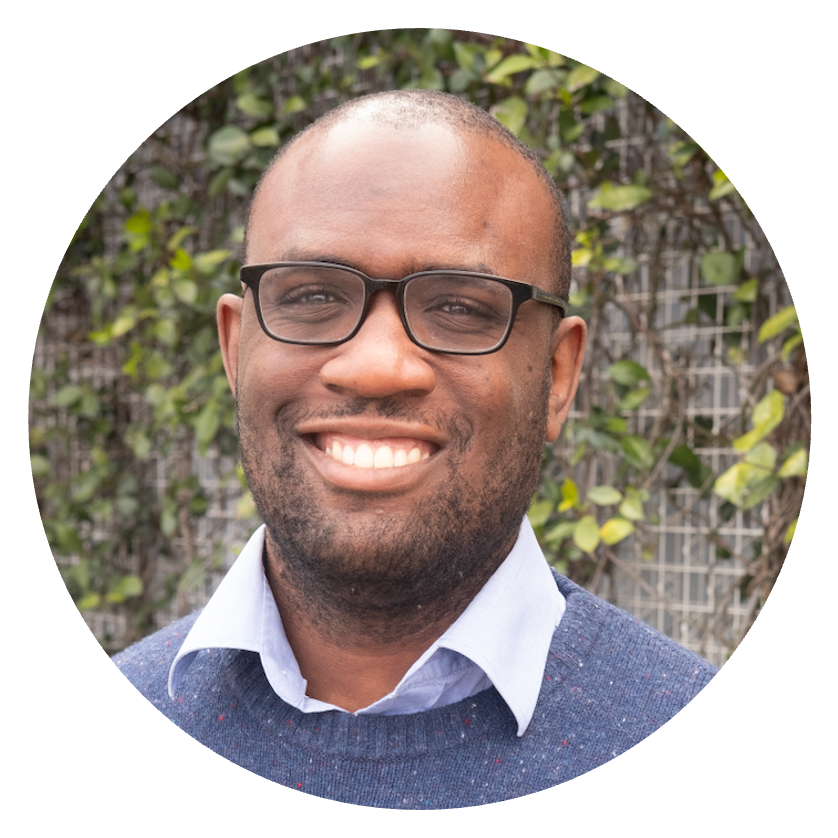Founder’s Five: Alan Forbes, F.I.R.S.T. Institute
October 18, 2024 Founder's FiveFounder’s Five is a continuing series from Tyton Partners that invites education company founders to shed light on…
Founder’s Five is a continuing series from Tyton Partners that invites education company founders to shed light on their own success and illuminate the landscape for other education entrepreneurs and investors by answering five basic questions.
Camelback Ventures seeks to foster this same ingenuity among entrepreneurs of color and women by investing in their ventures and leadership, while advocating for fairness in their funding. Camelback identifies local leaders with promising ideas and empowers them to enact change within their communities by providing an intentional blend of coaching, capital, connections, community, and curriculum.
To date, Camelback Ventures has backed more than 120 underrepresented entrepreneurs with social impact ventures around the country.
 What is your company’s origin story?
What is your company’s origin story?There wasn’t really an “a-ha” moment for me. It was more an amalgamation of a lifetime of moments for me of being the “only-lonely”, whether as a teacher, where only 2% of Black males are represented, or whether in law school, where there were six Black students. Camelback is designed to erase this phenomenon in the venture capital space and explicitly elevate the genius of entrepreneurs of color in social impact. Too often, the entrepreneurial space around social impact generates “solutions” pointed at communities of color without solving for the lack of opportunities in those same communities for them to lead, innovate, and build.
 How will the market be changed by your company’s success?
How will the market be changed by your company’s success?I would argue the market is already different because of our work. There are over 120 entrepreneurs of color and women who have started companies with our guidance. When we started, Forbes did not have any people of color on its Forbes 30 under 30 list. Now they do and many of them are Camelback Fellows. We had a hand in expanding the ideas at the table and broadening the definition of leadership. Ultimately, by giving an opportunity to those who have a comparative advantage, our vision at Camelback is that the market not only becomes stronger, but that it produces a better society, one in which there are livable communities for all students and their families to thrive in.
 What do you know now that you wish you had known when you began?
What do you know now that you wish you had known when you began?One of the best aspects of life is learning. And most learning comes through tough experiences. I would not want to deprive myself of this opportunity. I am perfectly content to look back and not wish I had known anything other than what I had already known.
 What non-intuitive insight have you gained through this work?
What non-intuitive insight have you gained through this work?
Growth is not as glamorous as it sounds. It means figuring out how to take that thing that you got right a couple times – maybe even by luck – and doing it over again in a systematic way so that someone else that is not you can do it.”
Aaron Walker
 What other education company besides your own do you wish you had started?
What other education company besides your own do you wish you had started?I have a lot of respect for people like Greg Gunn who started Wireless Generation, Dan Carroll at Clever, Norma Parraz at Konekti and Beverly Leon at Local Civics. And I believe that what is mine was meant for me. I am happy that I started Camelback Ventures. I had a hand in creating something that allows me to work with talented folks like Norma and Beverly, while doing something that has already had an impact.